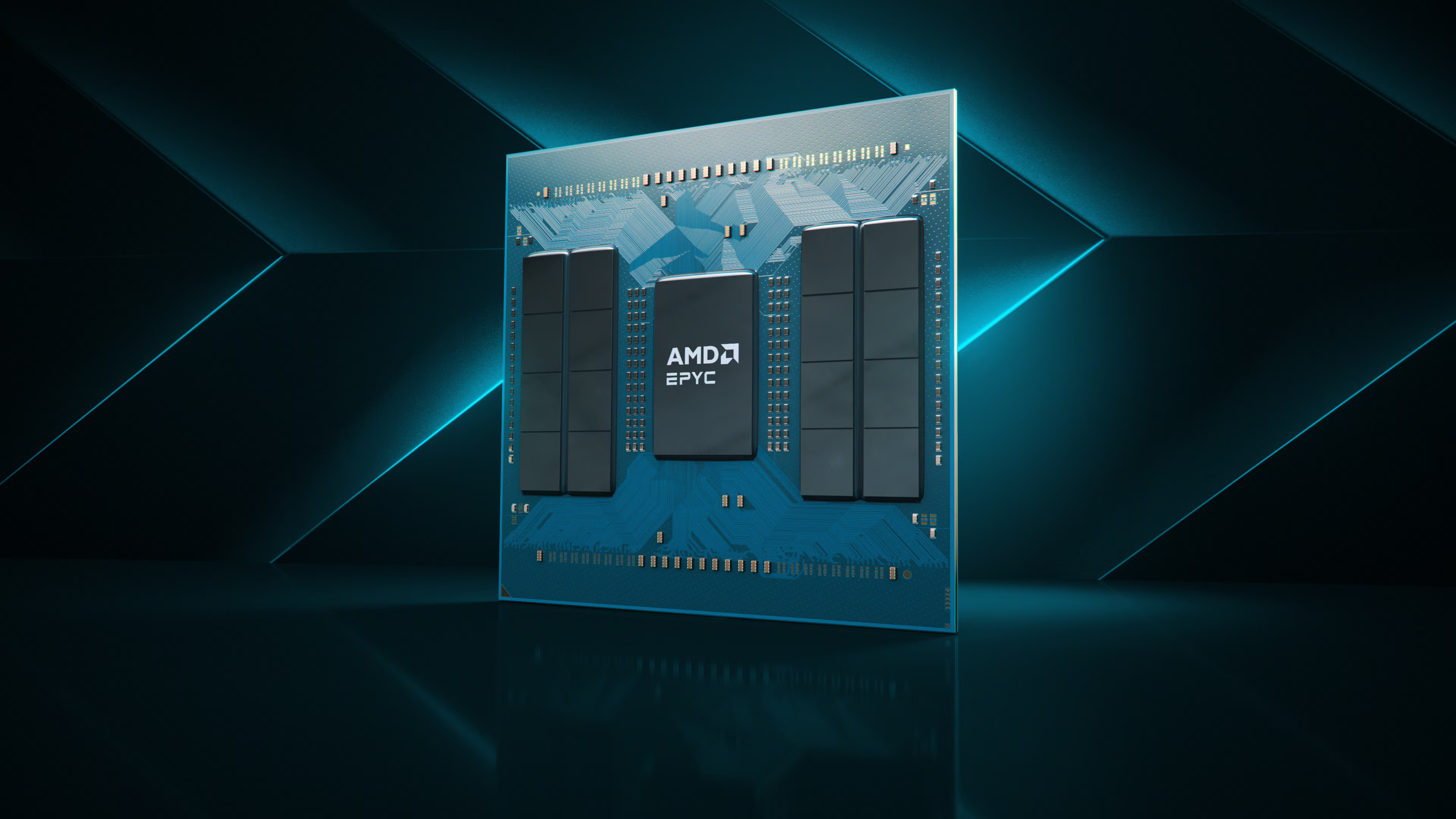
The latest Ubuntu beta release 25.04 carries significant performance improvements for AMD's latest EPYC 9005 'Turin' processors, as demonstrated by benchmarks from Phoronix. Currently in its beta stage, Ubuntu 25.04 is slated for a stable release on April 17th, though its lack of LTS (Long Term Support) might deter many enterprise and server-grade customers. Nonetheless, this is a positive development and bodes well for future releases, like next year's planned Ubuntu 26.04 LTS release.
To see how the new release holds up in terms of performance, Phoronix went ahead and put two EPYC 9755 CPUs to the test, each with 128 cores / 256 threads based on the Zen 5 architecture. The site used the reference AMD Volcano server coupled with 1,536 GB (24x64GB) of DDR5-6000 memory.
When compared against the same hardware running Ubuntu 24.04 LTS with HWE (Hardware Enablement), the Ubuntu 25.04 Beta juices up performance by up to 74.7% in Pennant, with several benchmarks seeing a greater than 50% uplift. Part of these significant gains can be explained by the switch to optimized AMD P-State drivers instead of the generic ACPI CPUFreq governor, which initially debuted in Linux 6.13 and is now incorporated into Ubuntu 25.04.
On average, Ubuntu 25.04 offers 14% better performance than Ubuntu 24.04, dropping to 9.4% with HWE. Likewise, the performance gains are around 8% when stacked against the previous interim release, Ubuntu 24.10, which is still a notable improvement.
Ubuntu 25.04, codenamed "Plucky Puffin," brings along several improvements with new default themes, HDR support, a refined installer for dual-boot systems, grouping notifications from the same app, an upgrade to GNOME 48, and the Linux Kernel 6.14, just to name a few. Ubuntu's LTS releases follow a two-year cadence and receive regular updates in the support window, which is typically five years. On the flip side, interim releases are released at a frequency of every six months and serve as a proving ground for new upstreamed features.
Enterprise and commercial-scale systems mostly stick with LTS releases, so despite the evident improvements in performance, many Turin-equipped servers will likely need to wait until 2026. These impressive gains might also extend to Intel's Xeon 6 'Granite Rapids' family of Xeon CPUs as well, though that remains to be confirmed.







